On the occasion of World Refugee Day on June 20, Migratory Birds met Maria Clara Martin, UNHCR’s Representative in Greece since 2021 and had a discussion about refugees in Greece.
What do you think about the situation here in Greece?
It is not easy to be a refugee. It’s a difficult transition and yes, there are a lot of opportunities but there are also a lot of difficult obstacles.
What I found in Greece is that there are a lot of welcoming people but there are also other sectors of society that are not so welcoming and feel threatened perhaps. It is difficult from that point of view because you will always find people who will give you a hand but also people who will not want to have you around. You constantly have to demonstrate that you are a person like everybody else and that you can contribute.
And there are administrative barriers. Sometimes it is difficult to get all the documentation that you need to operate here, to get a job, to go to school, to be seen by a doctor. It is not always easy, but it is not necessarily circumscribed to Greece. I have worked in many countries in the world and I have not found one country, even the most welcoming ones, where being a refugee is easy or being a migrant is easy or being different is easy because, at the end of the day, it is also about being different.
Are there any changes you might make regarding the obstacles and difficulties people face here?
I would like that refugees wouldn’t have to face any difficulties. We are working a lot with the Ministry of Migration and Asylum, the Ministry of Labour, and Greek society in general, to try make it easier for refugees to integrate. For example, we created together with Catholic Relief Services and Caritas Hellas centers that help refugees to find jobs, put them in contact with employers, help them also with all the administrative parts, and follow up to make sure that their employment conditions are good, they are not being exploited.
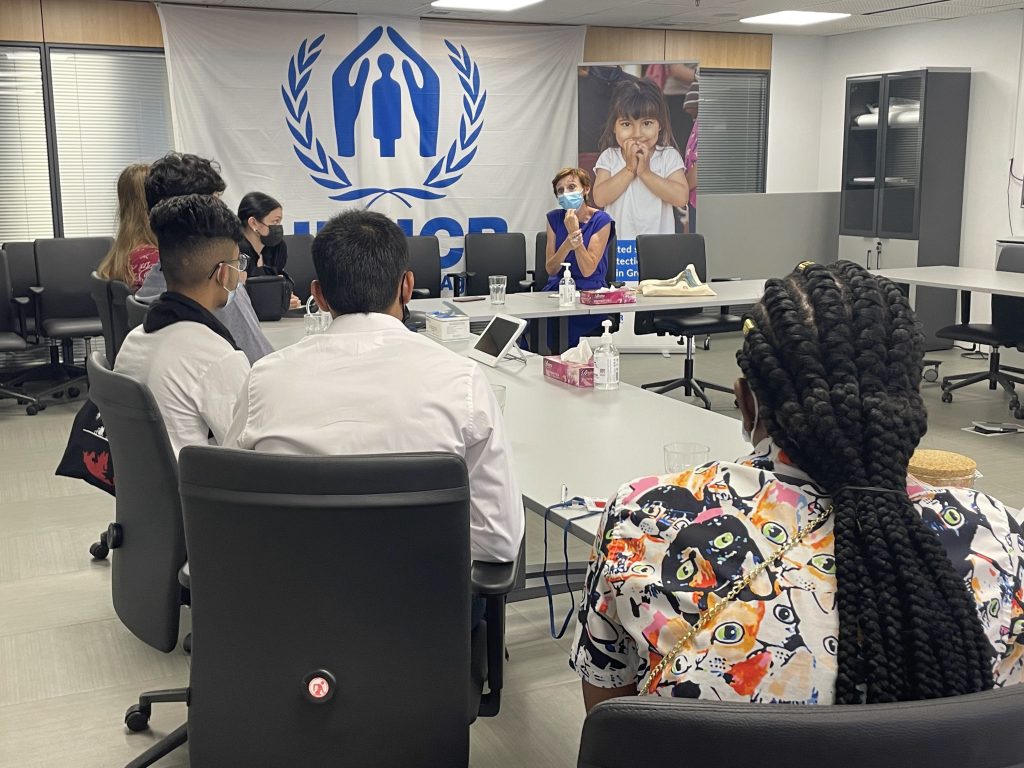 What possibilities of support do think refugees and asylum seekers have?
What possibilities of support do think refugees and asylum seekers have?
I think the main support that can be given is education at all levels. Starting with little kids so that they can play, they can learn how to relate to other children, and that their parents can go to work as well, while their kids are looked after, Many moms are not working because they can’t leave their kids anywhere, so we should be working a lot more on trying to establish these services so refugee moms or refugee dads can work.
I learned that 95% of refugee children in Greece have been enrolled in school. Not all of them stayed in Greece, but the possibility to be able to enroll in school is important or at university or other forms of post-secondary education. This is an area that is more difficult. Globally only 5% of refugees access higher education. That needs to change. We need to work a lot more so that more refugees can access university.
We also need support for livelihoods. I have never met refugees who said we want to sit here and get paid. They all want to work, they all want to do something, they all want to contribute, so they can live a dignified life
Language of course is another area. Greek is not an easy language, and people need a lot of guidance. Refugees and asylum seekers spend time in camps, so the majority of them need some guidance when they are recognized as refugees and they are out in the city. How do you manage everything, where do you go, how to avoid falling into dangerous situations, etc.
What is your vision for supporting refugees in Greece?
My vision for refugees in this country is a vision where it doesn’t matter whether they are refugees or not. My vision is a vision where people are integrated and can contribute to society and be treated equally irrespective of where they are from, but just because they are human beings like everybody else. That is my vision.
Which is your challenge as UNHCR’s Representative?
One of my biggest challenges is to change the narrative. Many people see refugees as a threat, as people who want to take advantage of the good life in Europe. They don’t understand why they are fleeing. The situation in Ukraine has made some people see more clearly why people are forced to leave.
I have worked for more than 25 years with refugees and what I have seen is completely different. What I have seen is people who have gone through extremely difficult situations, who had to flee to save themselves or their families, who during travels have gone through very difficult things, and despite all of this, they are ready to contribute. They have proven over and over again, that they are contributing members of society and that they have a lot to give and that they are so strong and so resilient. And they can contribute and enrich the societies they are living in.
Even when people don’t see refugees in a negative light, they still sometimes see them as people who need to be helped, people who need charity rather than equals. I want to change that. Refugees are people that are equal to all of us and who can contribute and who can bring a lot of things.
Many times a refugee can even bring a profession that doesn’t exist in the country or a different angle, a different way of seeing things. So we need to change the narrative, that’s the biggest challenge because people are scared, or they are out of love and compassion. Refugees don’t just need compassion; they need to be treated equally.
How can we, as refugees, help with this situation?
Succeed. Study. Go to school. Show that it’s possible and that you are integrated into Greece. Just being yourselves is the most important thing.
Speak about your situation and give ideas. I have worked with refugees most of my life, but I am not a refugee. So, sometimes I see things a particular way, but only you know exactly what you are going through. Your suggestions are important.
And another thing is to hold us to account. I always say to refugees I don’t want you to thank me for my job, for what I am doing, I want you to tell me when I’m not doing it and demand it. We need this dialogue, I can take your voice higher, so give me your voice and trust.
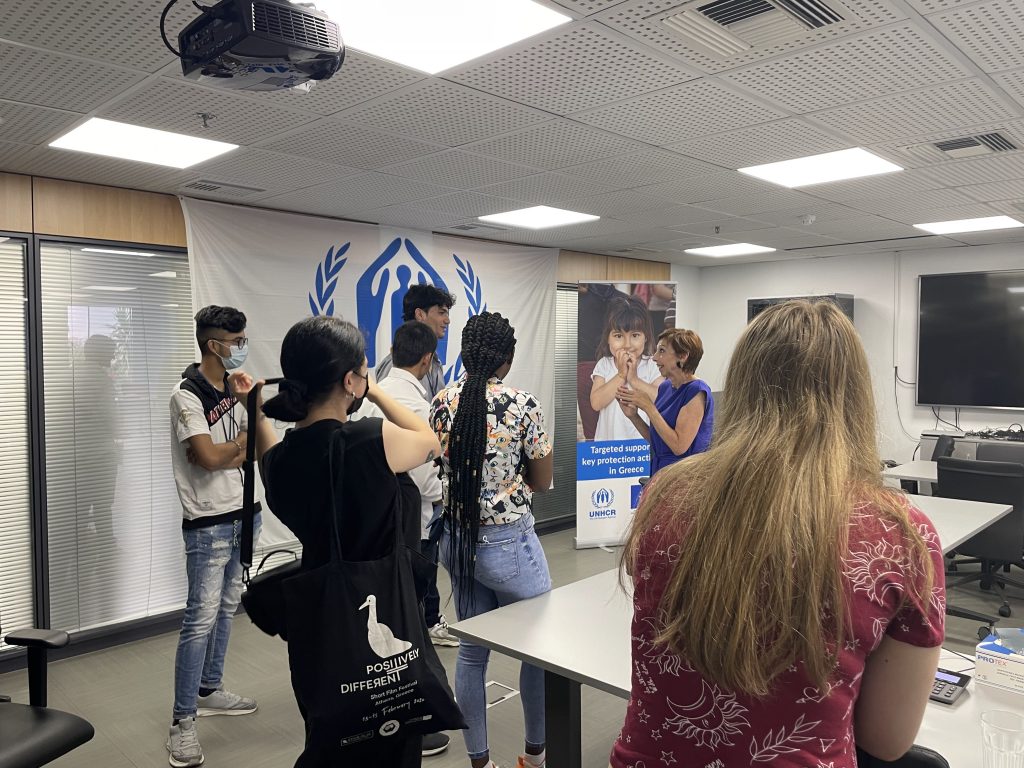
Imagine someone who has much to offer to society but is not able to. What are your thoughts on what Greece should do to provide a livelihood for refugees and migrants, so they could help themselves and also provide for society?
Things are beginning to change. As you know, Greece went through a very difficult financial crisis and there were no jobs even for Greeks, meaning Greek people left the country as well, but things are beginning to change and now it is a period where Greece needs manpower.
It will take time. Countries are never one thing or the other, countries are made of people with a lot of different opinions and you have one part of the population that will reject you and one part of the population that will embrace you and that happens everywhere. We have to strengthen the people who will embrace you and give arguments and demonstrate to others that they don’t need to be afraid.
The Prime Minister has said that the integration of refugees and migrants is a priority for the state, so let’s push for it, let’s help them realize that priority.
Things have also improved in terms of how kids are supported in education because now they can go to Greek schools and they also have some Greek language support lessons and teachers are also taught how to deal with refugee children.
School is a lot of things. It’s not just learning how to read and write and math and history. It’s essential that refugee kids have that. But of course, everything else, the whole environment. People have to be guided and supported. Procedures need to be easier.
Education helps you to cope with everything that happened to you. And I think that support – call it mental health support or call it coaching or psychological support- it’s important because you’ve all gone through very very tough things. But you can’t let those difficult things determine your life and prevent you from being a happy human being, and a useful human being, and someone that you like to be.
What about the unaccompanied minors?
I think it’s important to remember that life doesn’t stop and your need for support doesn’t stop when you turn 18. Your legal status has changed and you are now legally an adult but everything else hasn’t changed. So, we need to have programs for young people like you.
You tell me. What could we do? Because now you’re an adult so your status is different. You are being treated differently because of that. What do you need us to do more of?It’s about also their recognition as asylum seekers and refugees.We are advocating almost every day for things to be more streamlined and better for you. We work with the government a lot, advocating, and pointing out different things and how things could be done better. We’ll continue fighting for you. I am not saying we will succeed always, but we’ll continue.

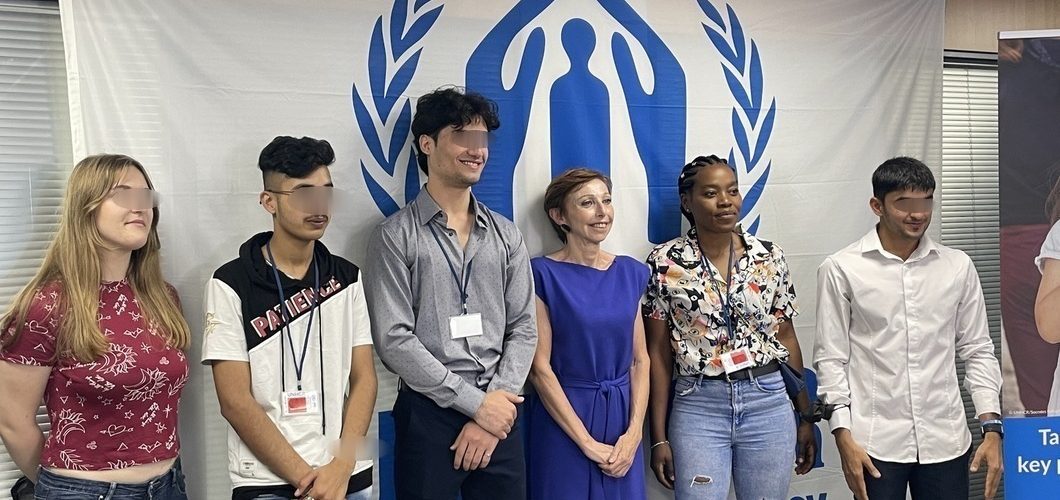
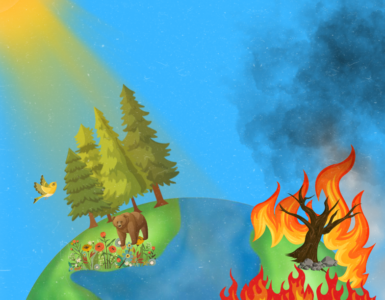
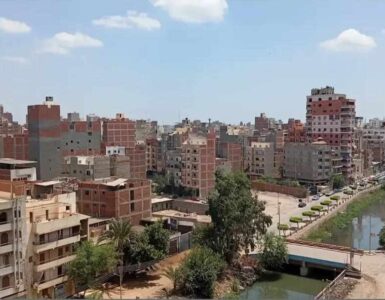
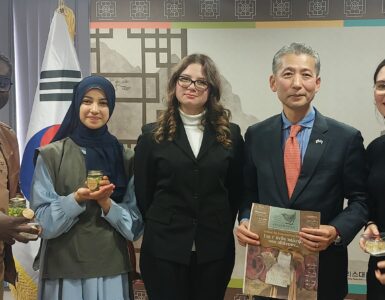




Add comment